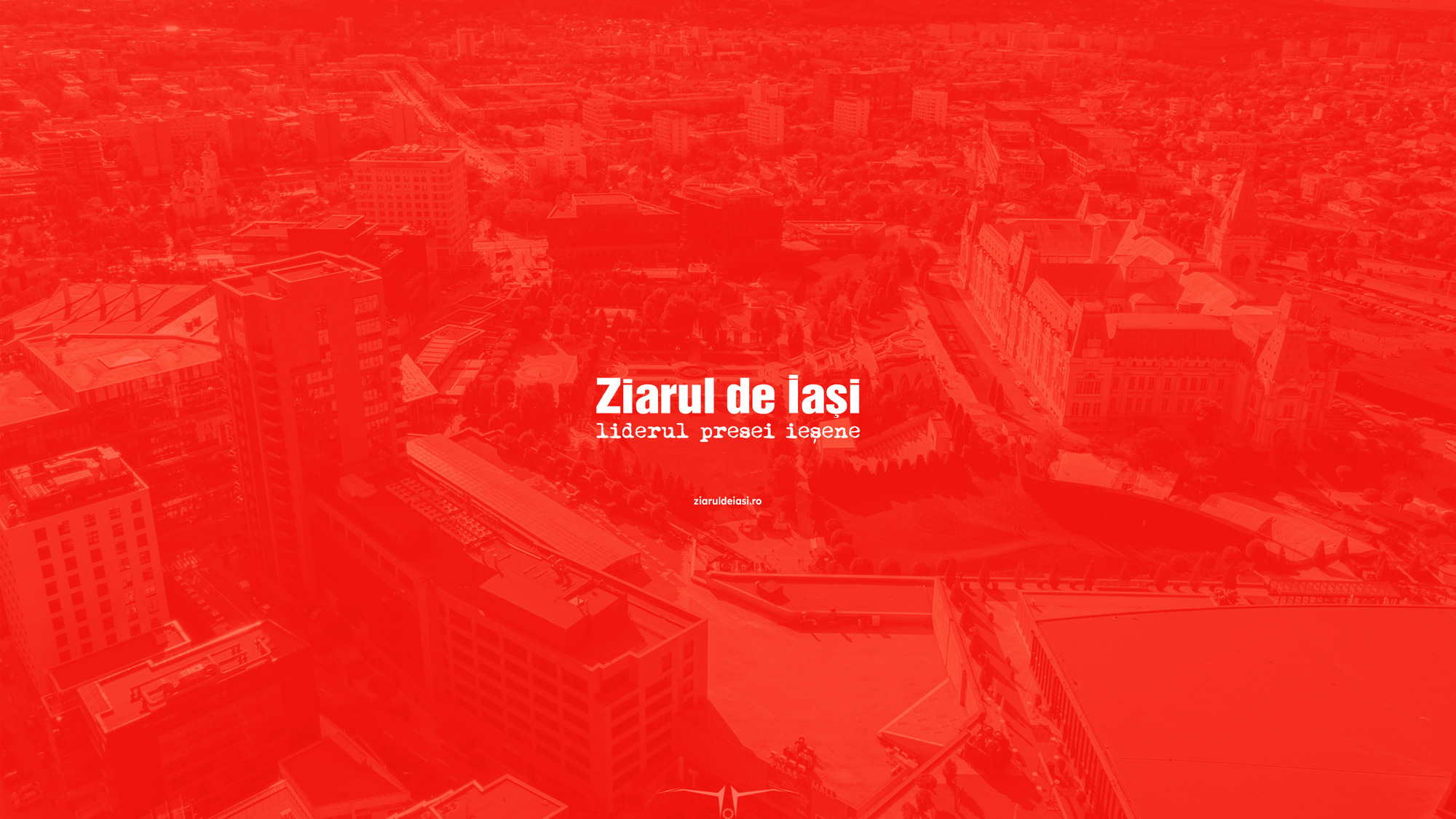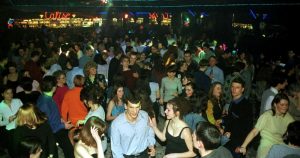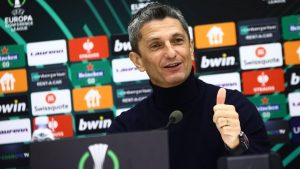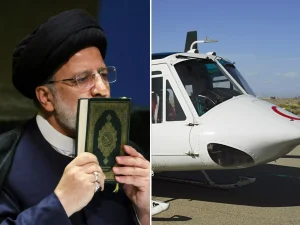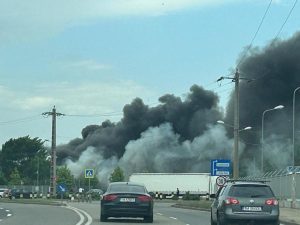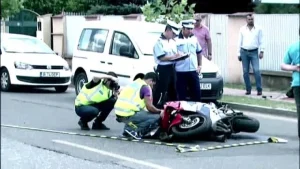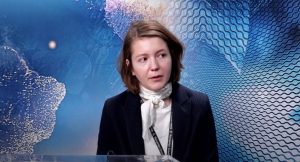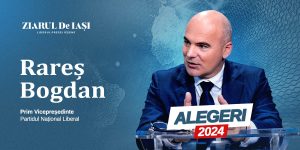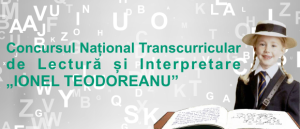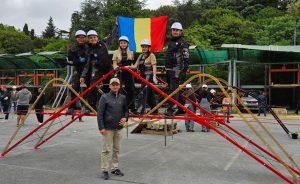
"No despair or hysteria" – this is the refrain the current administration in Bucharest uses when treating the event next year at Prague, where the countries to join the next NATO extension will be announced. In fact, these are the terms used to characterize the pro-NATO campaign in 1997. Let us remind it. What was the NATO campaign? Hysteria? Despair?
After 45 years of communism and self-isolation and 7 years of political anemia, during which PDSR (Social Democracy Party) and its leaders have glanced to the West and held hands to the East, for the first time, Romania was re-brought in the attention of the big powers and became a negotiation subject. The EU perspective was still far away. No important decision had been made as for the EU extension and the moment Helsinki-1999, when such a decision was made, seemed at the time a Utopia. Under these circumstances, the unique possibility to rapidly connect to the Occidental circuit had become, all of the sudden, NATO. Of course, Romania had joined the race the latest and with the least chances, and the "despair" then could seem hysteria, given that for several years only declarative efforts had been made. Romania had then the possibility, at least diplomatically, to fix itself in the conscience of the Occidentals as a country that, from a political point of view, wanted to be received in the family of the Democrats. After a period of somnolence, of diplomatic indifference, a more energetic affirmation of some objectives seemed hysterical to others.
But what do President Iliescu and Romanian diplomacy do not to seem desperate in front of the Occidentals and co-nationals? President Ion Iliescu is a captive bird in Romania. In half an year, no chief of state in Occident hasn’t considered necessary or pleasant an invitation to the Romanian President. His only goings out were together with other chiefs of state, at reunions programmed several years ago. The contacts of the Romanian Foreign Affairs minister were reduced to a dull supernumeraries role and the Premier is preferred at technical and protocol meetings.
But what does the power do now, that it looks for a lucid campaign? Which are the themes of the pro-NATO discourse on an internal level?
Obtuseness and occidental interests, external factors, they return suddenly in the logic of the extension: If a country with the surface and population of Romania is not considered form the very beginning a favorite for the extension of the Alliance, it means that NATO judges after criteria that have nothing to do with military, strategy or even politics". Thus, suddenly and indirectly, the human capital, strategic position, highness of the mountains the depth of the sea and the capacity of the ports become trump cards. That is not military successes, objective evaluating criteria, but the external image that the NATO states make counts after all. The trick of such a discourse is that it retakes, under the aspect of arguments, what the former administration was denying: the image campaign.
Then, the whole anti-occidental ammunition is subtly introduced in the arguments: "These Americans are stupid after all. They have no idea in what world they are living and they impose rules. What should we ask for, as the American President himself salutes the Spanish Premier with the name of "Spanish President" and Spain is a monarchy?" After such a vision, in front of the American ignorance, everything would reduce to a question of goodwill or dishonesty.
The wronged Romania’s rhetoric, victim of some strong world coxcombs, has nothing to do to the "positive" and "rational" approach of which the officials of the power boast. It is just a diluted, masked form of some conspiracy discourses. The NATO circle just takes the place of freemasonry. Lamenting comes altogether. The moment Prague would not be a "real" extension, but a "so-called" extension without Romania. People also say frankly: "to avoid NATO extension on the Southern flank in 2002 means that NATO still ignores the new threats against Europe’s security", that is the space of former Yugoslavia. People forget that current military techniques are less a question of logistic and more one of technological performance.
NATO doesn’t suffer without Romania and it is not known how willing it is to forget the moment 1999, when PDSR shouted out till got hoarse against the operations of the alliance in Yugoslavia. Ion Iliescu is the only one capable of amnesia, as to remind President Bush that "the Romanians’ support for the NATO adherence is significant and constant" and how important his country is. He should add one more thing. Romania is indeed special, as it is big, the biggest of the backward. This is the only way to leave the land of hysteria.
(Mihai CHIPER)

